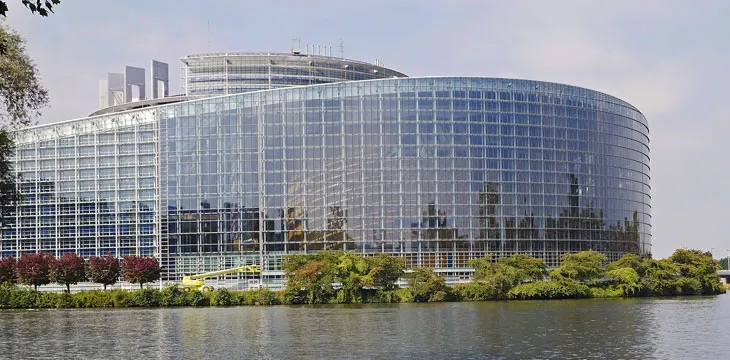|
Getting your Trinity Audio player ready...
|
The European Union has pledged to increase access to data, held by the public sector, for use by companies in the artificial intelligence, blockchain and other related industries.
In a press release, the EU announced that it had adopted new rules on ‘open data and the reuse of public-sector data.’ The move is intended to boost the EU economy, stimulate the creation of jobs and contribute to the development of a data-driven society.
Public sector information has previously been availed only to public sector bodies. With the new directive, the scope of the reuse of such information will be greatly extended. Romania’s Minister for Communications, Alexandru Petrescu, praised the move stating:
“These rules are a real enabler for artificial intelligence and will help Europe to become a world leader in this crucial area. They will bolster the EU digital industry, especially smaller companies and start-ups, which would not otherwise have access to all the data they need to innovate and expand.”
The new regulations will first impact six industries with high-value datasets. They are earth observation and environment, geospatial, companies and company ownership, statistics, meteorological and mobility. Data from these sectors will also be made available at zero charges through an application programming interface (API).
The press release added: “The rules will cover publicly funded research data that is already available in public repositories. It will also encourage the dissemination of dynamic data, such as real-time weather or transport data.”
The European Union has strived to become the leader in emerging technology such as artificial intelligence, machine learning and blockchain technology. In Switzerland, the country’s leading think tank Avenir Suisse recently pushed for the use of blockchain by the Swiss government, warning it against being left behind by other global blockchain pioneers.
French President Emmanuel Macron has also advocated for the use of blockchain technology, especially in agriculture. In an agricultural fair earlier this year, Macron urged the EU to integrate blockchain so as to enable the tracking of agricultural products. This is the only way the region can prevent another scandal such as the Polish beef scandal in which sick cows were slaughtered and passed off as healthy for consumption.
In order for artificial intelligence (AI) to work right within the law and thrive in the face of growing challenges, it needs to integrate an enterprise blockchain system that ensures data input quality and ownership—allowing it to keep data safe while also guaranteeing the immutability of data. Check out CoinGeek’s coverage on this emerging tech to learn more why Enterprise blockchain will be the backbone of AI.

 07-18-2025
07-18-2025 





